Apple cannot be liable for slowing down iPhones via iOS updates, according to a motion to dismiss a lawsuit concerning efforts to prolong an iPhone's battery life by reducing its performance, with the company arguing the suit is the equivalent of suing a building contractor for upgrading a kitchen.
In the 50-page filing with the United States District Court for the Northern District of California from January 24, San Jose Division, Apple's motion seeks to dismiss one of a number of lawsuits that surfaced in the United States, following the company's admittance it temporarily slowed down processes on older iPhones when a worn and potentially malfunctioning battery is detected.
It is argued by the defendants they were made to install software updates that included elements to fix the battery problems by reducing the processor's performance, which had the aim of preventing the battery from running completely flat and from randomly shutting down. The defendants believe they were misled by Apple, which is accused of slipping the slow-down functions in an iOS update without providing adequate warning to users of its effects.
Arguing the plaintiffs failed to explain "what is false or misleading" about Apple's statements, Apple also notes the change in argument from its opponents by seizing upon the statement the "battery is designed to retain up to 80 percent of its original capacity at 500 complete charge cycles," adding it believes it cannot be used to "wring an affirmative misrepresentation claim" either.
Apple "had no duty to disclose the facts regarding software capability and battery capacity," the company asserts, on the basis it does not cause an "unreasonable safety hazard," and that there is a limit to the duty a company has to offer such disclosure.
Under a section of the filing claiming "Plaintiffs fail to plead that Apple fraudulently induced plaintiffs to damage their devices," Apple argues that the updates were installed with the user's consent, and that means they agreed to changes the software would make. The plaintiffs are also attacked for stating they "did not give permission" but at the same time provides proof they in fact did, via the iOS license agreement.
In one notable element, the pushback on alleged "damage" caused by the software updates is reasoned with an analogy about kitchen installations. The plaintiffs are likened to "homeowners who have let a building contractor into their homes to upgrade their kitchens, thus giving permission for the contractor to demolish and change parts of the houses."
Since the plaintiffs provided permission, this would be the kitchen analogy equivalent of the contractor causing excessive damage as part of the installation but it remaining within contract, rather than as trespass. "Plaintiffs' consent defeats each of their computer intrusion claims," the filing adds.
According to the filing, the court will be holding a hearing on the lawsuit on March 7, with Judge Edward J. Davila presiding over the matter.
Since the announcement, Apple has offered affected customers a reduced-cost out-of-warranty battery replacement, which changed the battery in a user's iPhone for $29. Under the program, 11 million iPhone batteries were replaced, 9 million more than average under the previous $79 pricing.
 Malcolm Owen
Malcolm Owen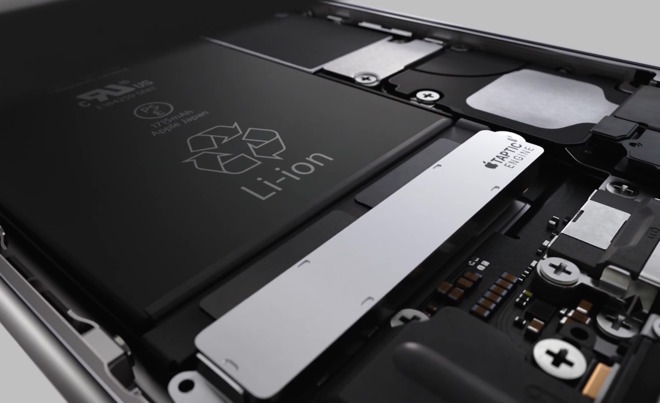







-m.jpg)





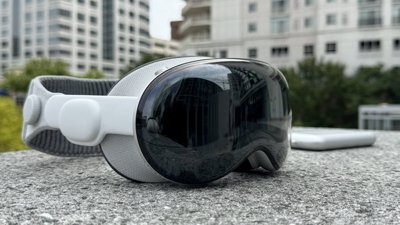
 William Gallagher
William Gallagher
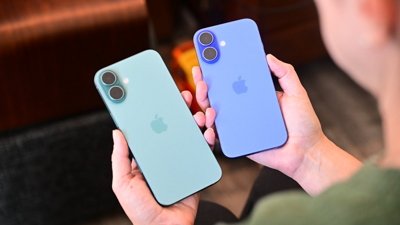
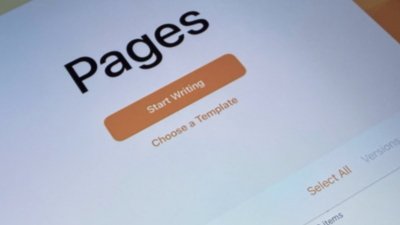
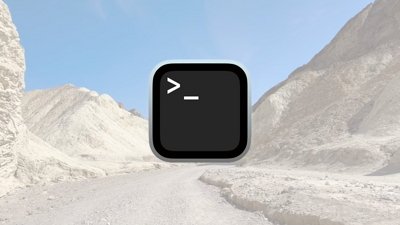
 Chip Loder
Chip Loder
 Mike Wuerthele
Mike Wuerthele


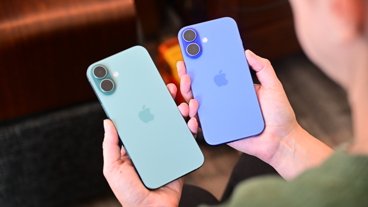

-m.jpg)





18 Comments
"homeowners who have let a building contractor into their homes to upgrade their kitchens, thus giving permission for the contractor to demolish and change parts of the houses." - okay, but the intent is that that upgrade will improve the kitchen on how it looks and functions...I've had my renovations done on my home and in each instance the contractors have noted that "if we do X, then this is what happens to Y, do you still want to do X". . . I've never had a contractor make the executive decision that in order to bring hot water more efficiently to the kitchen they'll just reduce the flow of it to other parts of the house and I'll just have to live with not having a hot shower...Apple essentially made that executive decision and felt like they didn't need to inform user of what they would be giving up in order to have improved battery performance or that without the update and reduced performance there would be safety issue with the battery...it wasn't an unforeseen side effect, Apple knew what they were doing and consciously decided against transparency to the end user. Users have free will and should decide if they want to stay with Apple knowing where they stand as customers and the lack of transparency
I agree with Apples claim over here. But they could improve their case in the future by making Terms & Conditions pages easier to read.
"Apple's motion seeks to dismiss one of a number of lawsuits that surfaced in the United States, following the company's admittance it temporarily slowed down processes on older iPhones when a worn and potentially malfunctioning battery is detected."
That's not even close to being an accurate description of what Apple did. Apple updated the OS to monitor and smooth out large spikes in voltage demand to the battery that could potentially cause an auto shutdown of the phone. Those voltage spikes do NOT only occur with a "worn or potentially malfunctioning battery". They can also occur when charge level is low or when the phone is exposed to cold temperatures. In other words, the majority of the situations where an auto shutdown might need to be prevented have absolutely nothing to do with battery age or wear.